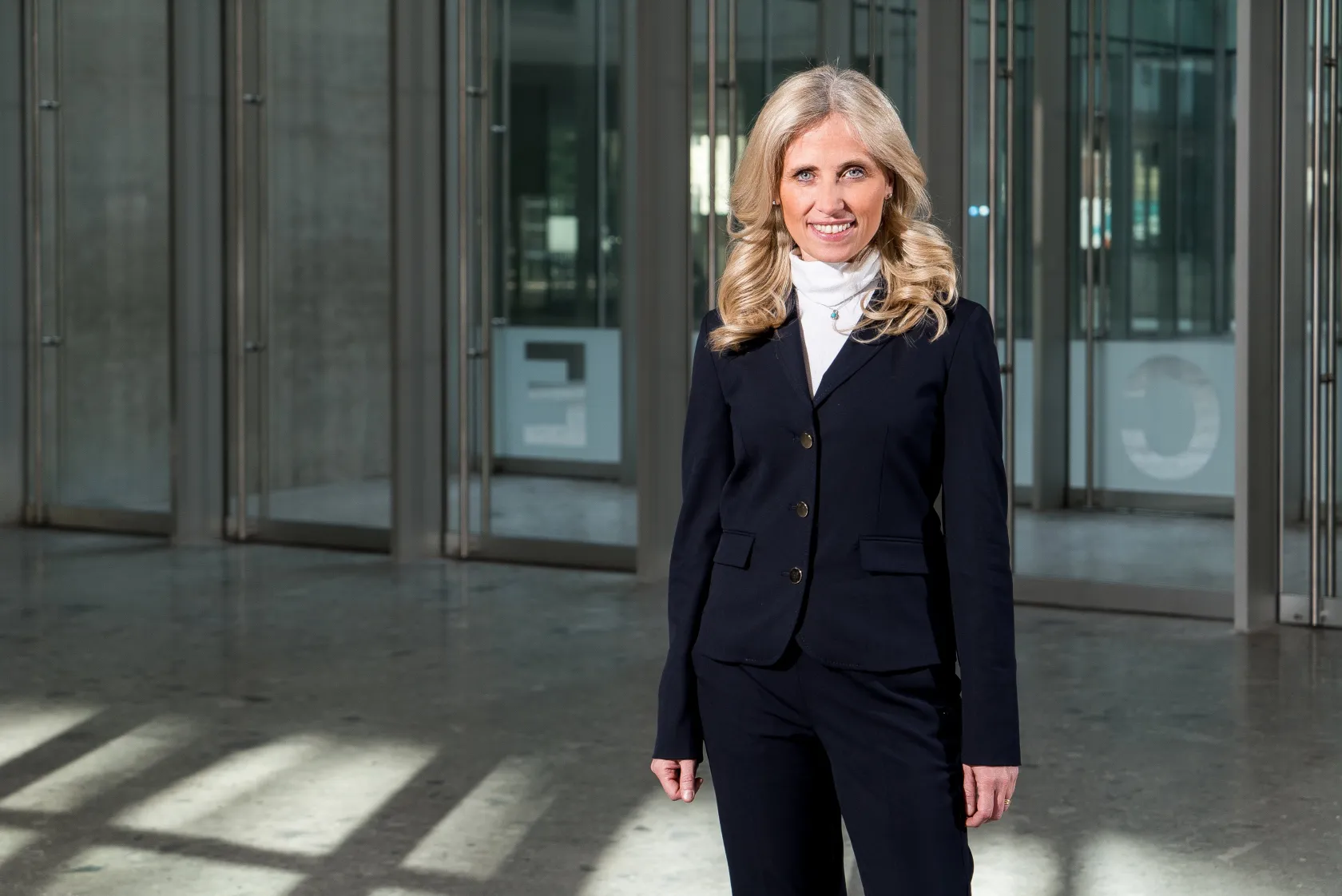
MSc in Politics and Policy Analysis: Political Science but with an Extra Gear
A program that offers advanced training in political science and public policy. "Students learn to understand the complexity of the political, economic and social dynamics of today's world," explains Paola Profeta, full professor at Bocconi University's Department of Social and Political Sciences and director of the Master of Science in Politics and Policy Analysis, "and how national and international institutions can act to address and manage them. They also acquire the methods and tools necessary for the analysis and study of public policies and institutions that govern decision-making processes."
A young program, an all-round Master in political science, but with an extra gear: "Compared to more traditional programs in political science," resumes Paola Profeta, "ours stands out for its strong quantitative component, which allows students, once they are ready to enter the labor market, to be appreciated also for analytical skills and for their competence in reading and interpreting data." But what are the issues addressed and, above all, which sectors will offer the greatest professional opportunities? "This program allows students to gain a deep understanding of the challenging political, economic and social dynamics of the modern world and to identify how the political process shapes policy outcomes," says Profeta. "Students learn how national and international institutions deal with these dynamics and will be prepared to find innovative and effective solutions to real-world political and economic problems. By combining a rigorous advanced knowledge of quantitative disciplines with a multidisciplinary approach, students develop critical thinking on policy and policy-making issues, and the analytical skills to successfully design policies and take action in dynamic and complex contexts."
The future of these graduates will be in international institutions and organizations, in consulting firms, in the field of public affairs, and in companies. Some continue to study, opting for a doctorate.
"A great strength is also represented by the possibility of opting in the second year for double degrees, especially those with the London School of Economics and with Sciences Po, which lead to getting a degree from both universities and increase the international placement of our graduates", continues Profeta, "considering that our classroom is already by its nature highly varied, both with regard to the previous course of study and for nationality."